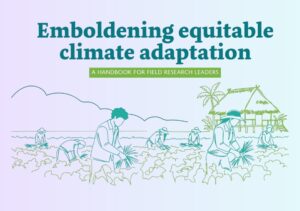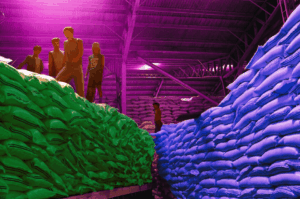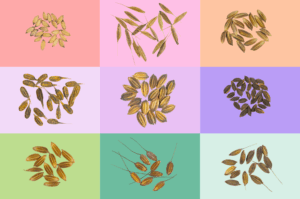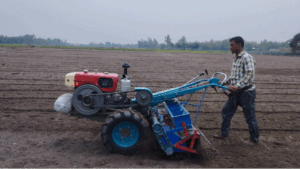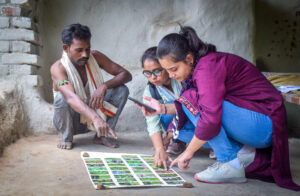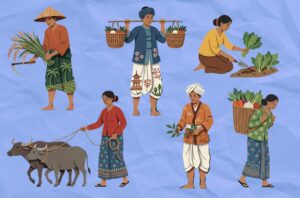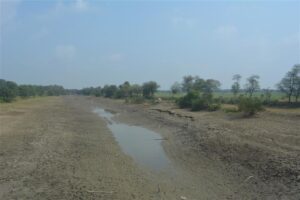Women are disproportionately affected by the impacts of climate change in regions where gender inequality and their participation in agriculture converge.
Crop failures, pest outbreaks, or increased disasters induced by changing climates affect regions where many women are involved in agricultural activities.
Read the story @Asian Scientists
Related stories
Social & Gender Equity and Rice Agri-Food Systems Transformation: Catalysing the Symbiotic Relationship
Women have key roles on the front line in food systems including in times of crisis and their engagement is vital to overcoming global threats and achieving shared global goals including food and nutrition security and prosperity for all and leaving no one behind. This was the key message in the plenary by Dr. Ranjitha Puskur, Social and Gender Equity and Rice Agri-Food Systems Transformation: Catalysing the Symbiotic Relationship at the 6th International Rice Congress.
Tackling Climate Change in Agriculture: A critical need for gender-transformative approaches
It is well-known by now that women are disproportionately affected by climate change. They are among the most vulnerable population groups in developing countries, particularly those who are connected to agriculture, fisheries, and dependent on natural resources. Women are the face of poverty and climate shocks and these stresses undermine their livelihoods and further exacerbate their economic hardships and subject them to multifarious risks including sexual exploitation and abuse.
Gender transformative change critical for nurturing an equitable rice sector in Africa
The extent of women’s participation and the roles they play in agri-food systems may vary across countries and regions, but the reality remains the same: women are central to the sustainable development of agri-food systems. However, social, political and market institutions which govern food systems portray elements of gender bias at all levels, holding back women in vicious cycles of time and income poverty.


